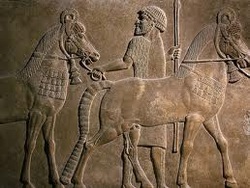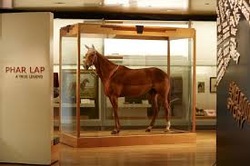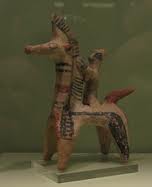City dwellers have little contact with horses apart from sport. They are missing out on the wonderful relationship that has developed between species.
However, I live in a semi-rural area with a strip of cottages beside part of the old Roman road called Watling Street, which leads out of Borehamwood towards London. Horse fields attached to a riding stable back the properties. At the front, past the busy road and a strip of tall horse chestnut trees, open fields stretch into the distance. The land belongs to Lord Aldernham. Horses roam semi-free on the grassland. Some are domesticated and some are shaggy-haired and big-footed. The Lord has refused permission for archaeologists to explore the area, so it remains a quiet place of peace.
 www.dailymail.co.uk
www.dailymail.co.uk Throughout human history, our collaboration with horses has given many advantages. Horses are trained to be ridden or driven in a variety of sporting events.
 www.horsenation.com
www.horsenation.com Even without the competitive edge, horseback riding is relaxing, inspiring, and exhilarating. Horses are used for transportation, as an advantage in warfare, to convey search and rescue teams into rough terrain, and for labor-intensive careers such as cattle ranching. The benefits of horsemanship in the area of therapy and recovery can be reaped by people of all ages, including those with physical and mental disabilities. Recent studies have shown that interaction with horses can improve the behavior of inmates and discourage a repetition of previous crimes.
 blogs.pshcycentral.com
blogs.pshcycentral.com It has been theorized that domestication saved the species on the Eurasian continent, when they died out in the Western Hemisphere at the end of the last Ice Age.
Are horses prisoners or a clever species that know how to survive by allowing mankind to feed and shelter them?

 RSS Feed
RSS Feed






